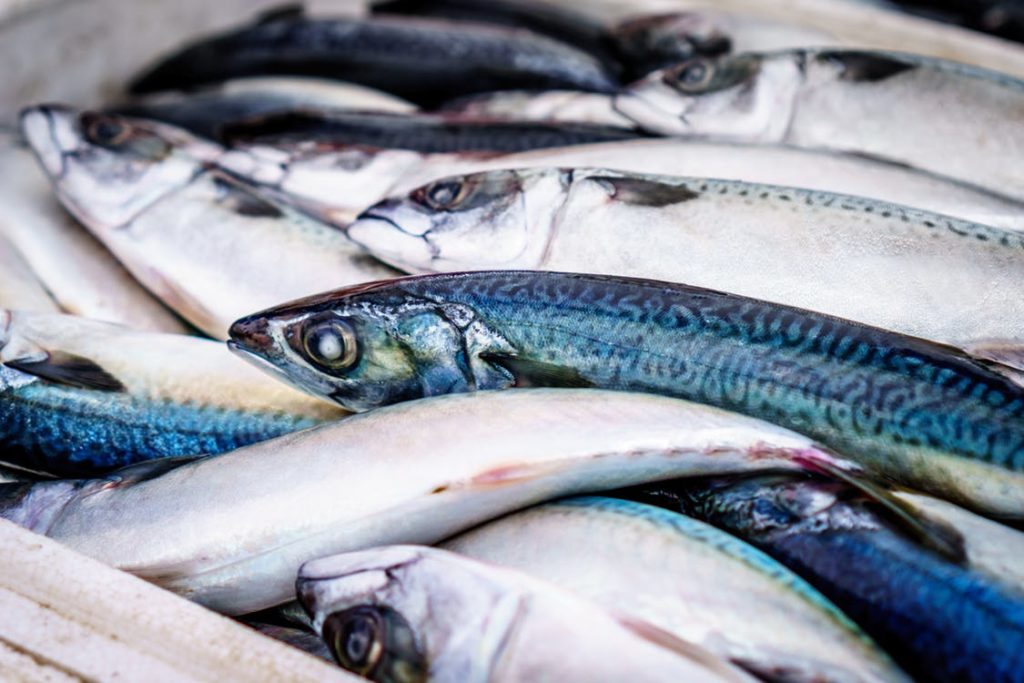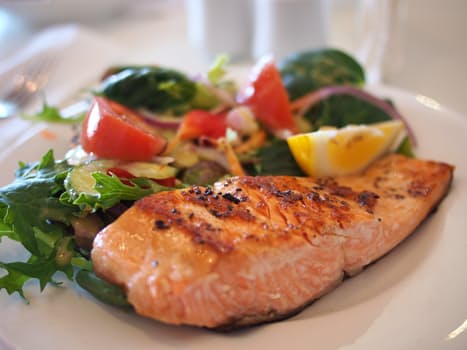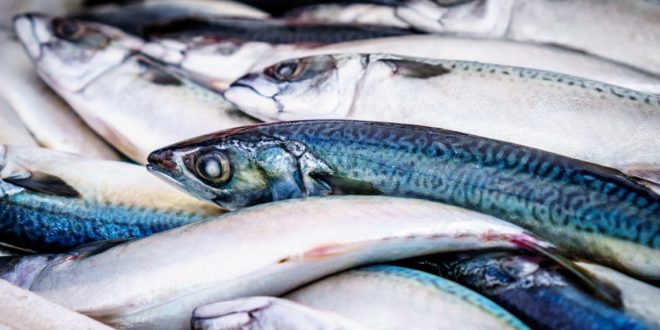There is no doubt that food affects the brain. Recent research confirms that it affects us in two ways:
- Food can make or break the underlying health of our brains. The actual physical wellbeing of this thinking organ depends upon the fuel we use to build it and run it. In children, the developing brain can be severely damaged by poor nutrition; in adults, our ability to remain sane could be affected by our diet.
- Our moods are routinely altered by food. Whether we build a healthy brain long term or not, different foods impact our feelings immediately.
 In my previous article ‘Five ways to build a brighter brain’, I identified food under number one as a critical ‘physical’ need along with exercise and sleep. It is an easy way to start building a better brain for yourself and your children. Here are some basics.
In my previous article ‘Five ways to build a brighter brain’, I identified food under number one as a critical ‘physical’ need along with exercise and sleep. It is an easy way to start building a better brain for yourself and your children. Here are some basics.
There are many foods claiming to be ‘brain foods and many are suspect (but it is a great marketing ploy). I will only identify a few foods that have been researched many times.
Basics
- The brain uses carbohydrates for energy and omega-3 fatty acids for forming its cell structure. These two are basic requirements for healthy brains.
- Various vitamins play an essential role in brain function. B vitamins help manufacture and release chemicals in the brain known as neurotransmitters. The nervous system relies on neurotransmitters to communicate messages within the brain, such as those that regulate mood, hunger, and sleep.
- Foods rich in antioxidant nutrients, such as vitamin C and vitamin E and beta-carotene, help protect brain cells from freeradical damage caused by the external environment and internal stress. This protection against free radicals is important in protecting the brain as we age.
Omega 3 a ‘no brainer’ nutrient
You will know that recent research points to omega 3 fatty acids as being the ‘holy grail’ of brain building. It is one of the undisputed super foods for brain and heart health. Apart from taking supplements (which is expensive) there are many ways to access this good fat. Oily fish is chock-full of omega-3 fatty acids, and according to “New Scientist” magazine, fish is a top-notch brain food, as it feeds and lubricates a developing brain, and docosahexaenoic acid (DHA) found in omega-3s also seems to delay dementia. Omega-3 fatty acids have been found to be helpful in treating depression and other psychiatric disorders such as schizophrenia.
It is important to remember that structurally, the brain is made up of 60% fat. Consuming foods rich in omega-3 fatty acids keeps cells’ membranes flexible and maximises their ability to allow important nutrients in. Omega-3 is ‘good fat’. This is not to be confused with ‘bad’ saturated fats including Omega-6. Luckily for us, all fish, to a greater or lesser degree have ‘good fats’.
You can find these fats in a variety of other sources, including spinach, mustard greens, wheat germ, walnuts, flaxseed (and flaxseed oil), soybean and canola oil, and even pumpkin seeds. But the best source is fish. Not all fish are created equal, however. The top 10 fish available in NZ in order of omega-3 content are:
 Mackerel
Mackerel- Trout
- Herring
- Bluefin Tuna
- Salmon
- Canned Sardines
- Albacore Tuna
- Anchovies
Be aware that if the fish is big (older) and exposed to deeper sea water it could have ingested mercury. This is bad for the brain! For this reason, I tend to stick with salmon, sardines and anchovies. NZ farmed salmon tends to be safe (regularly tested to have safe levels); Anchovies and sardines are small. I would also use trout if I had access to any! I like tuna, but use it sparingly as the risk of contamination of fresh or tinned tuna is higher. Using supplements is normally safe – they are usually tested and stripped of damaging Mercury.
By Janis Grummitt – Workplace Wisdom
Janis is the founder of the Wise Society movement. She also runs workshops on building wisdom and improving thinking.








Join the Discussion
Type out your comment here:
You must be logged in to post a comment.